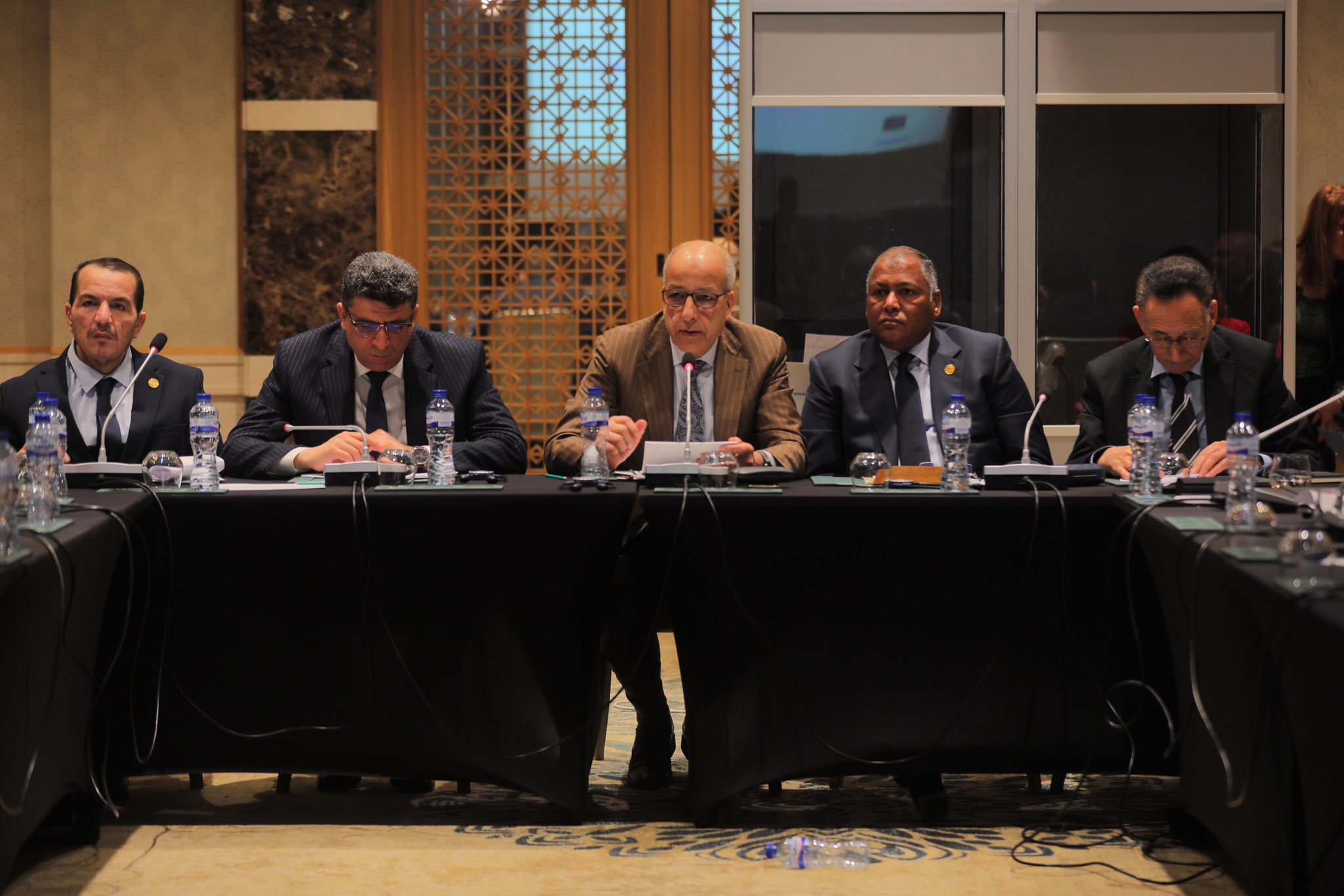Libya: IMF Executive Board Concludes 2024 Article Iv Consultation With Libya

Washington, DC — The Executive Board of the International Monetary Fund (IMF) concluded the Article IV consultation[1] with Libya on Monday, July 1, 2024.
Libya remains a fragile state trapped in political uncertainty, but the episodes of active conflict have become less frequent. Several shocks have hit the country, but their impact on GDP growth has been muted. Tropical storm Daniel struck Eastern Libya in September 2023, leading to devastating floods, catastrophic damage, and a tragic loss of life. The disaster, however, had only a small impact on economic growth, since Libya's GDP is mainly based on energy exports.
In 2023, real GDP is estimated to have expanded by 10 percent, largely owing to a rebound from the oil production stoppages of 2022. The current account surplus declined, in line with the fall in oil prices, but reserves remained at a comfortable level. Government revenues also declined, despite the boost in oil production. Fiscal expenditures, on the other hand, surged, driven by the expansion in the wage bill and energy subsidies. Reported inflation remained low, despite the depreciation of the parallel market exchange rate, due to the prevalence of administered prices and the limited geographic coverage of the available price indices.
In response to the fiscal expansion and the resulting pressure on foreign reserves, the CBL tightened the restrictions on the issuance of letters of credit and lowered the limits on individuals' foreign exchange purchases. Furthermore, a temporary 27 percent tax was imposed on all foreign exchange purchases.
The outlook continues to be dominated by the dynamics of hydrocarbon production. The baseline projection is for declining fiscal and external balances over the coming years, in line with a projected decline in global oil prices. The CBL is expected to maintain the current stock of international reserves, and the country will continue to have no public debt as conventionally understood. However, the balance of risks is tilted to the downside, and uncertainty remains high due to the continuing political stalemate and possible geopolitical spillovers.
Executive Board Assessment[2]
Executive Directors agreed with the thrust of the staff appraisal. While welcoming the generally positive outlook, they stressed the significant economic and political challenges arising from Libya's fragility, prevailing political uncertainty, and hydrocarbon sector dependence. Noting that risks are tilted to the downside, Directors emphasized the need to strengthen fiscal and monetary policy coordination and implement reforms to promote stronger, more inclusive private sector-led growth. They agreed on the importance of implementing critical capacity development (CD) through improved coordination with international partners.
Directors underscored the need to strengthen the fiscal framework and address the procyclical spending bias to support macroeconomic resilience and improve resource wealth management. They recommended efforts to increase fiscal transparency, improve tax administration and compliance, strengthen budget preparation, and enhance the public financial management framework. Directors emphasized the need to strengthen the management of state-owned enterprises to reduce fiscal risk.
Directors underscored the need for a durable political settlement to underpin continued progress on the reunification of the central bank. They highlighted the need to maintain the integrity of the payments system and implement regulatory and governance reforms in the banking sector, including to strengthen the AML/CFT framework. Directors recognized that enhancing macroeconomic policy credibility through stronger policy coordination would help to reduce the gap between official and parallel market exchange rates. They also noted that addressing underlying exchange rate pressures would require improved fiscal expenditure controls and that proper fiscal budgeting would help to avoid procyclical spending and reduce the risk of a potential loss of reserves.
Directors noted the recent progress on governance indicators and highlighted the need for substantial further progress. In this regard, Directors welcomed the planned comprehensive review of governance, anticorruption, and the rule of law, and looked forward to an update in the next Article IV consultation. Noting that data gaps continue to hamper the ability to conduct analysis and provide policy advice, Directors underscored the need to enhance data provision and statistical capacity, supported by Fund CD. The establishment of a coordinating body to facilitate CD provision and implementation would help to avoid duplication and support better information-sharing across institutions.

